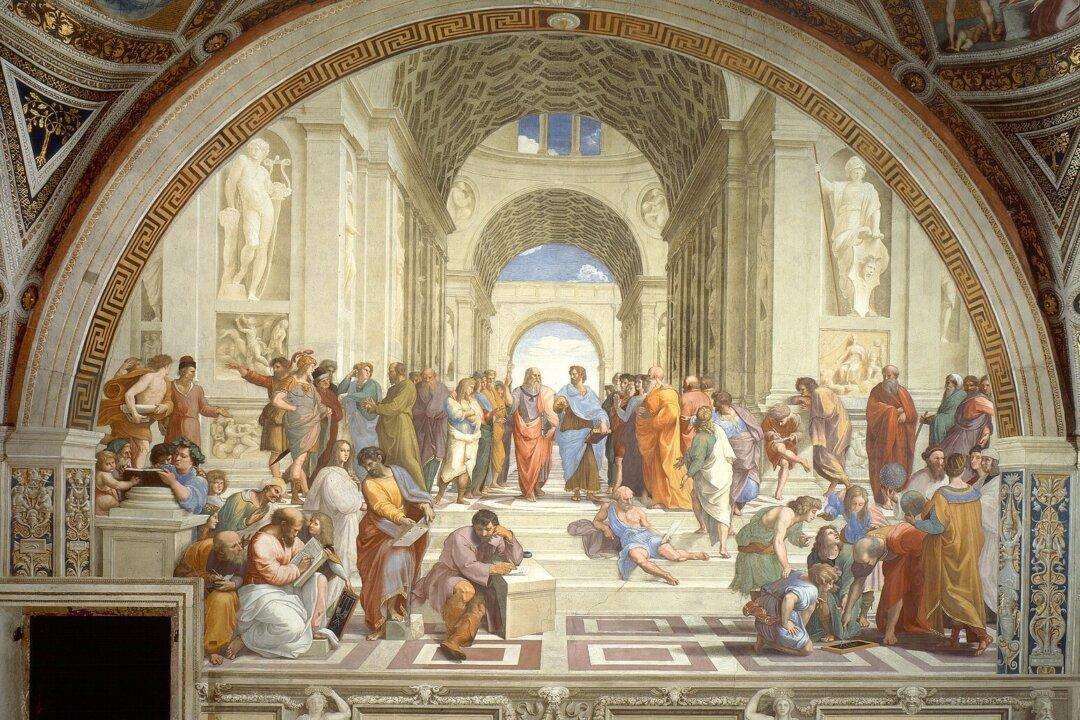Albert Einstein once observed: “I think and think for months and years. Ninety-nine times, the conclusion is false. The hundredth time I am right.”
What is it about the number 100 that so resonates with people? Einstein was a great scientist, not somebody one might casually accuse of superstition or even sloppy thinking. Nevertheless, he chose 100. Why not 98 or 47? And it’s not just the scientists, is it?






